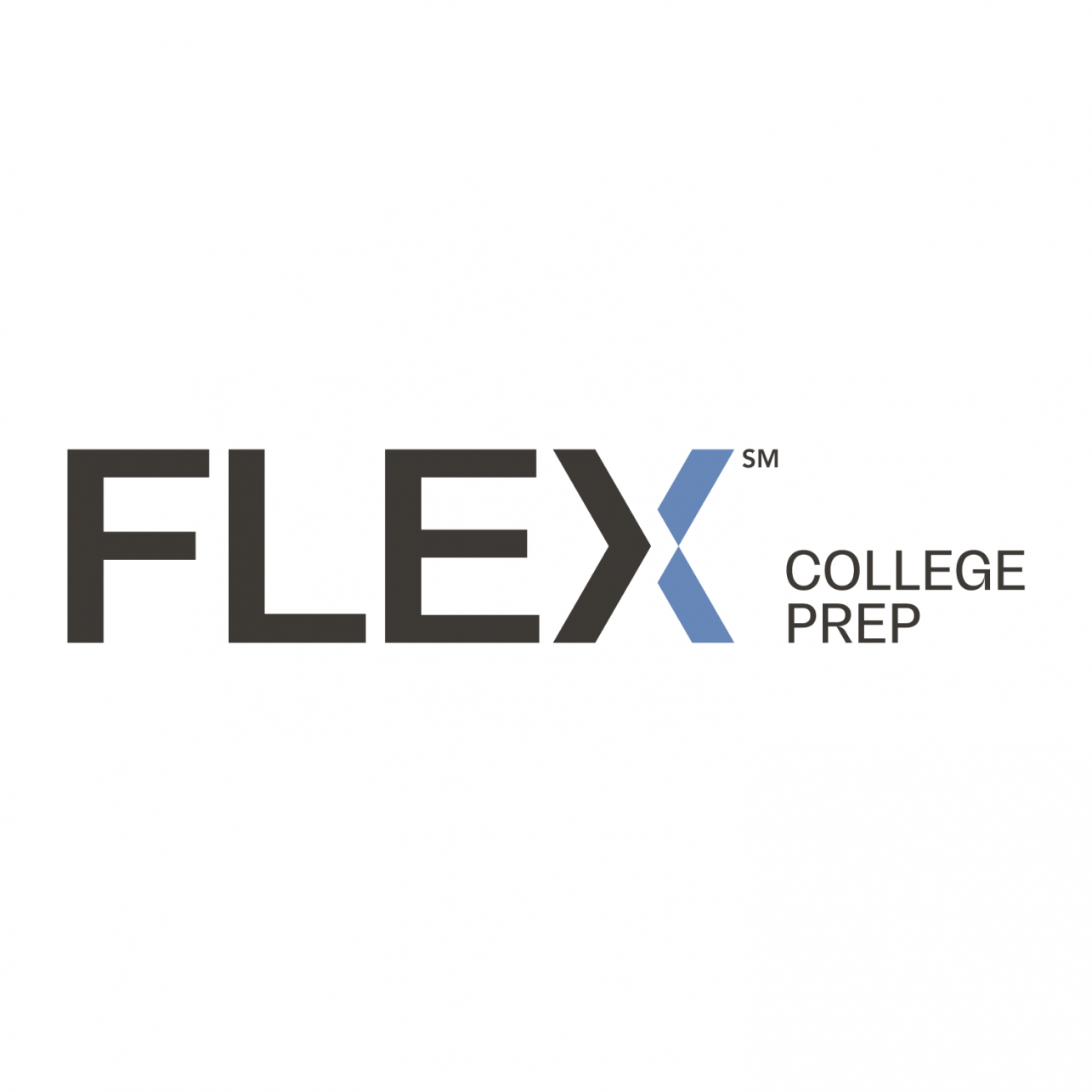Many things have been changing in the college admissions landscape. Notably, there has been a decreased emphasis on general standardized exams such as the SAT® and ACT® and a legal push to prevent such considerations. This was evidenced most dramatically in an Alameda County Court ruling in 2020 that granted a temporary injunction to force the UCs to stop using the SAT and ACT in the admissions process that the University of California system has since decided to extend through 2025.
However, it is wrong to think that a push away from the SAT and ACT means that all standardized tests have become less relevant to the admissions process. In fact, colleges are relying on the AP®s to give them the important academic data that they need in the admissions process especially in light of the elimination of SAT Subject Tests™.
In 2020, Robert Penman, Associate Director of Undergraduate Admission at UC Berkeley at the time, said though SAT/ACT are not required, AP and IB exams would still be accepted and considered in lieu of the SAT.
The Berkeley admission website went further in stating that the reason UCs were able to remove the general SAT and ACT exams from the admissions process is that
“SAT/ACT test scores were not the only academic indicators available on the application to assess students. Other academic indicators will continue to be assessed in the review process, including grades, the rigor of a student’s courses, other non-required tests (AP tests, IB® test, etc.), and a student’s individual academic context.”
While the AP exams have always been one of the most important tools for universities to assess whether students are ready for college-level coursework, they have become more significant than ever.
This fact is particularly worrisome during a time of global pandemic. The shortcomings of the past years’ virtual learning and declining student motivation have created a critical situation in the American education system. Even if now back in-person full-time, the learning loss and unfinished learning suffered over the past couple of years have had an impact.
To remedy this situation, there are a number of steps that students who are serious about preparing for college should take.
First, students should be assessed to determine whether they are being adequately prepared for AP exams. FLEX offers FLEX AP assessments through the end of December.
- These assessments are designed to diagnose earning shortfalls early enough that students can take steps to correct them before the official exam.
- Each assessment consists entirely of questions from previously administered exams and covers approximately 75% of the course content – the amount schools cover by Winter Break in a normal year.
- Assessments are graded according to the AP grading rubrics by expert instructors with decades of experience, in order to give students a realistic picture of their preparedness.
- Sixteen subjects are covered including Biology, Chemistry, Physics 1, Physics C, US History, World History, Calculus AB, Calculus BC, Statistics, English Language and Composition, and English Literature and Composition. See the full list here.
For students who need to make up for certain weaknesses or gaps in their learning, FLEX offers a 12-week AP prep class starting in February and a cram course over spring break. These classes, taught by experienced instructors:
- Develop student understanding of the key concepts valued by and tested on the AP exams.
- Help students to retain necessary information better.
- Help students understand how information will be tested on the exam.
- Give students extensive practice on real AP materials, both multiple choice and free response questions (FRQ).
- Provide extra help on the FRQ section, which many students struggle with, despite feeling like they know the material. (Students learn how to maximize their performance on this dreaded portion of the exams.)
The college admissions process has been in a stage of evolution, even before the pandemic. However, families should not feel powerless in these uncertain times. In fact, colleges often announce intended changes well in advance of an application cycle, and informed families can prepare for the admissions process with a great deal of reliable information. In particular, students should tackle the matter of standardized testing and the growing importance of the AP exams in their early high school years.
Learn more about FLEX AP Assessments here. These are typically offered in December at the end of the first term.
Review our Online Class Schedule to see a current list of courses. AP prep is typically offered in the months immediately preceding the May AP Exams. Courses may also be offered at local FLEX centers.
Watch this webinar to learn more about the role of APs, how to prepare for them, and why students should start early.
To speak with a FLEX consultant about AP prep, please complete this request form.

Danny is the CEO of FLEX College Prep. Danny’s core focus is on helping young people get the best advice, and be the best students they can be. His team of professionals are also personal coaches, and great people, driven by the same passion for helping people.


































